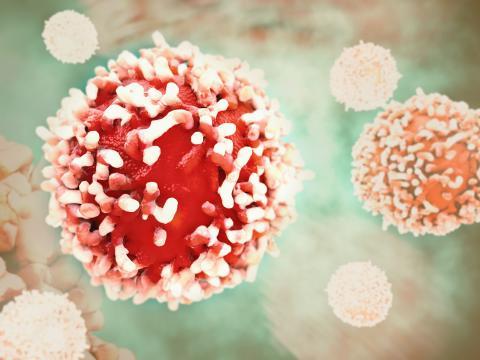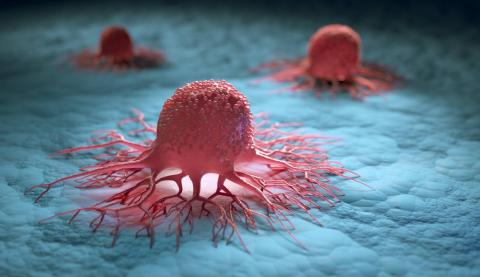Reaction: expert group warns of cancer epidemic in Europe in the next decade if health and research do not improve
A panel of experts set up by the journal The Lancet Oncology analyses the impacts of the covid-19 pandemic on cancer treatment and research and makes recommendations to mitigate these problems. With an estimated one million cancer diagnoses lost across Europe in the past two years, the team warns that the continent is heading for a cancer epidemic in the next decade if health systems and cancer research are not urgently prioritised.

Xosé Bustelo - epidemia cáncer EN
Xosé R. Bustelo
CSIC research professor, scientific director of the Cancer Research Centre, Salamanca, and former president of ASEICA
This is a study that puts on the table a problem that was already advanced by medical societies beforehand. In Spain, in particular, both the Spanish Association for Cancer Research (ASEICA) and the Spanish Society of Medical Oncology (SEOM) had warned about the problems created by the covid-19 pandemic in terms of delays in new cancer diagnoses and patient care. Also in the delay or cancellation of clinical trials. This problem has been dragging on since that time and, what I think is more worrying, no long-term measures have been put in place to avoid a similar situation in the event of another public health problem such as the one we have had in recent years.
I believe that another important point in the report is the demand for research as the only way in which we can make positive progress in patient care, another point that has been defended in recent years in Spain by ASEICA and other Spanish scientific societies.
And, finally, it highlights other pending issues such as patient participation in this process, the assumption of the gender variable in treatments or the existing inequity in cancer treatments between the different countries of Europe (and which is especially acute between the western and eastern countries of the European Union).
The study has been carried out by experts in the field and published in a leading journal. The results do not come as a surprise; they are a pan-European confirmation of a problem that we have already reported in many countries, including Spain. Only with an aggressive policy in this area will we be able to make progress in terms of survival rates, quality of life for patients and increasingly personalised care for them. This is a challenge that is, in fact, pressing in Spain due to the low funding dedicated to cancer research, the lack of long-term strategic plans and the instability of research careers. Much progress also needs to be made to ensure that research is recognised as a fundamental axis in the career progression of clinical staff within the National Health System.
The document has put in black and white the problem that had already been denounced in specific countries, giving, this time, a much more global and pan-European perspective to the problem.
The implications are long-term and the message is clear: if we want to make substantial progress in the survival rates of cancer patients and in their quality of life during and after treatment, we must address the deficits in care and research that have been pointed out.
Lawler et al.
- Research article
- Peer reviewed



